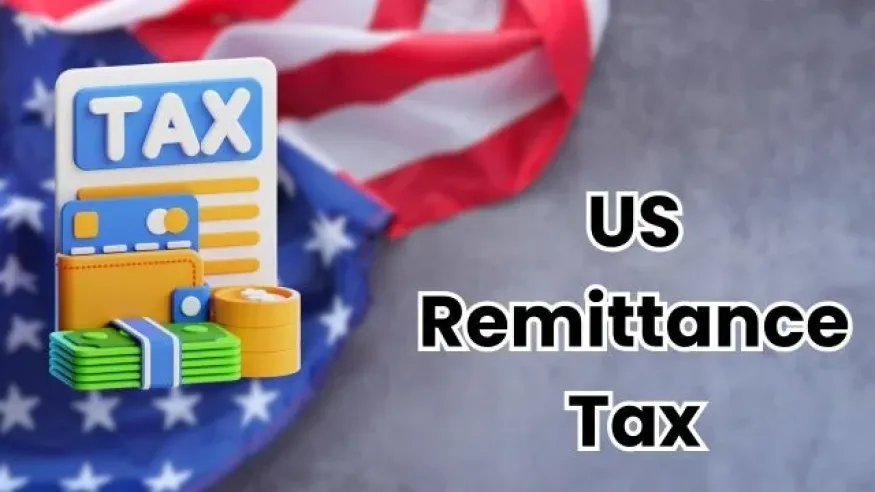 Image Source: A2Z Taxcorp LLP
Image Source: A2Z Taxcorp LLP
In a major relief for NonResident Indians (NRIs) in the United States, the US Senate has passed a revised version of the One Big Beautiful Bill Act, introducing a 1% remittance tax—but with a crucial exemption: transfers made through banks and regulated financial channels will not be taxed.
Key Takeaways:
-
The 1% remittance tax applies only to noncitizens, including NRIs, and will take effect from January 1, 2026.
-
Transfers made via USbased bank accounts, debit or credit cards, and licensed financial institutions are fully exempt.
-
Informal methods such as money orders, cashbased services, or thirdparty agents will attract the 1% levy.
Why This Matters:
-
In FY24, India received $33 billion in remittances from the US, accounting for nearly 28% of its total inflow.
-
The exemption ensures that essential family support, NRE deposits, and investment remittances remain unaffected—provided they’re routed through formal banking channels.
Who’s Still Affected:
-
Students and professionals using nonbank methods post2025 may face the tax.
-
Highvalue remitters relying on informal channels are advised to shift to digital banking platforms.
What NRIs Should Do Now:
-
Review current remittance methods and transition to exempted channels.
-
Avoid cashbased or unregulated services after December 2025.
-
Consult financial advisors for longterm planning and compliance.
-
This policy shift transforms what was once a looming financial burden into a manageable adjustment—provided NRIs act early and smart.
Sources: Trak.in, Economic Times, SBNRI, TechStory, CAforNRI
Advertisement
Advertisement





